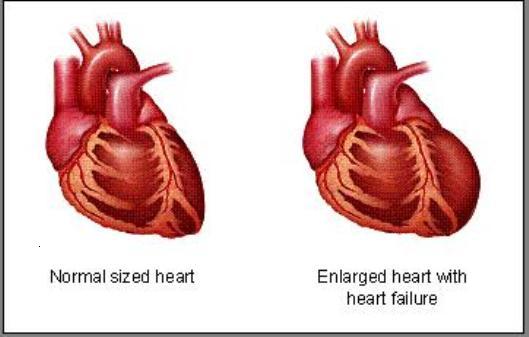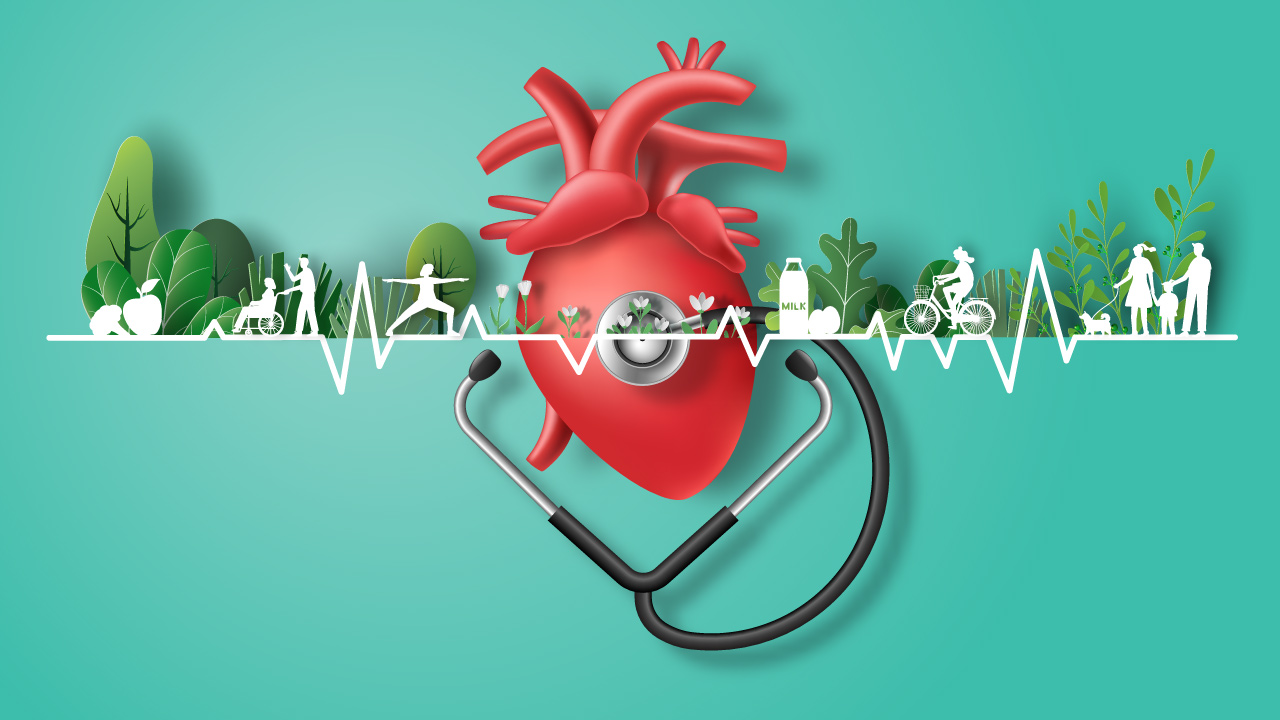
Heart is one of the most important organs of our body, and keeping it healthy is important. Heart connects the entire body through its vital functions.
What does the heart exactly do? Why is it related to blood pressure?
This small fist like structure works hard to maintain blood flow to our body day and night. Fundamentally, it takes all the impure blood from the body, makes it pure with lots of Oxygen (fresh air), and sends it back. While doing this, it also contracts and relaxes (medically termed it as systolic and diastolic, respectively) in between a single beat. In normal course, if the person is healthy this happens smoothly without much pressure on it. Normal blood pressure levels should be 120/80 mm/hg.
Blood pressure is the culprit to heart issues. It’s natural to increase our blood pressure due to certain unpleasant situations, but if the blood pressure stays elevated for longer periods, then it turns into hypertension.
Causes for increased blood pressure:
- Stress
- Smoking
- Alcohol
- Obesity
- Less water intake
- High salt intake
- Intake of more processed or bakery food.
- Junk food or less fibrous food Intake
- Less activity
- Less sleep
- Kidney disorders
- Heredity
- High fat food intake
All of these lead to plaque formation in the tiny blood vessels, due to which heart has to put more pressure than usual for a smooth blood flow. When it goes beyond the heart’s limit (it has muscles, after all) it stops pumping blood (which carries water, nutrients, and oxygen) thus it results in heart attack.
The good news is that one can avoid high blood pressure and avert heart attacks by just taking care of our daily meals, activities, water, sleep, stress etc. in short keeping a check on our lifestyle.
We need to improve all micro habits which set into our routine. Once you set yourself a routine, it’s difficult to break it.
Salt is the crucial factor that can lead to high blood pressure. Salt is a combination of sodium and chloride. Daily requirement of sodium is 1500mg to 2300mg, which means we can include approximately 1 teaspoon of salt. Sodium is also found in baking soda, monosodium glutamate (MSG), various seasonings, additives, condiments, meat, fish, poultry, dairy foods, eggs, smoked meats, olives, and pickled foods. High sodium directly contributes to high blood pressure.
Here are some heart friendly food options I have listed down for you
Antioxidants (green tea, red wine)
Fiber and Vitamin K (green leafy vegetables, whole grains, beans, whole pulses)
Whole Fruits
Omega 3 and Omega 6 fats (Almonds, walnuts, flax seeds, fish like salmon, sardines, mackerel, herring, tuna, avocado)
Ample amount of water intake.
Doing regular breathing exercises help us increase our Oxygen uptake.
Yoga, meditation or giving time to your hobbies keeps stress at bay.
Staying active through the entire day or indulging in any type of activity or game you enjoy can keep stress levels under check.
Maintaining heart health starts with managing your blood pressure. By making mindful choices in your diet, staying active, managing stress, and staying hydrated, you can significantly reduce the risk of hypertension and heart disease. Share your thoughts and experiences in the comments below. For more health tips and personalised guidance,speak to a certified expert by subscribing to GOQii’s Personalised Health Coaching here. Take control of your heart health today!
#BeTheForce

 Aakash wondered why every Hollywood and Bollywood movie stressed on the “heart”. Some dialogues bothered him:
Aakash wondered why every Hollywood and Bollywood movie stressed on the “heart”. Some dialogues bothered him: Mishita, 55 years, was feeling low and depressed for quite a few months. Since the past 2 days, she began feeling slight restlessness, palpitations, and a suffocating feeling followed by mild chest pain radiating to her left shoulder. Since she was alone, she called her daughter to express these symptoms. Her daughter immediately called their neighbour. As her neighbour had basic knowledge about heart symptoms and heart disease, she was saved from a major heart attack but early signs of arteriosclerosis were detected. She started following lifestyle changes and now is happy, healthy and almost off medicine!
Mishita, 55 years, was feeling low and depressed for quite a few months. Since the past 2 days, she began feeling slight restlessness, palpitations, and a suffocating feeling followed by mild chest pain radiating to her left shoulder. Since she was alone, she called her daughter to express these symptoms. Her daughter immediately called their neighbour. As her neighbour had basic knowledge about heart symptoms and heart disease, she was saved from a major heart attack but early signs of arteriosclerosis were detected. She started following lifestyle changes and now is happy, healthy and almost off medicine!


